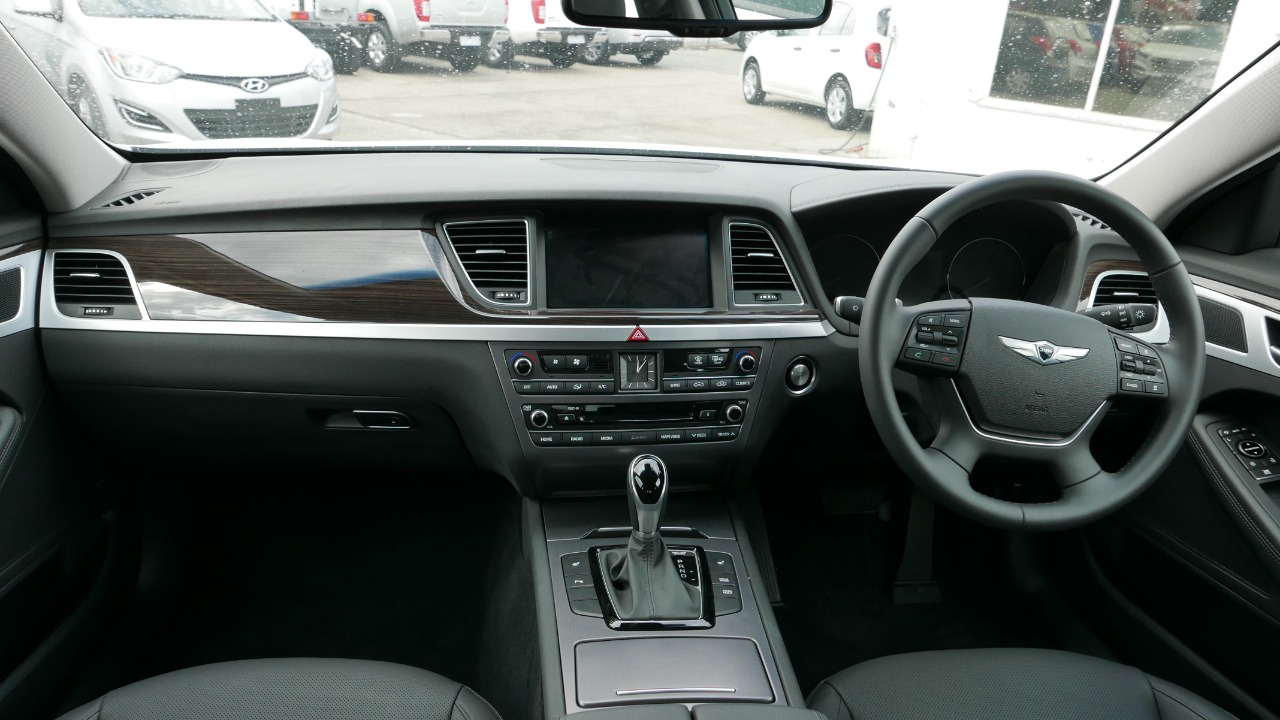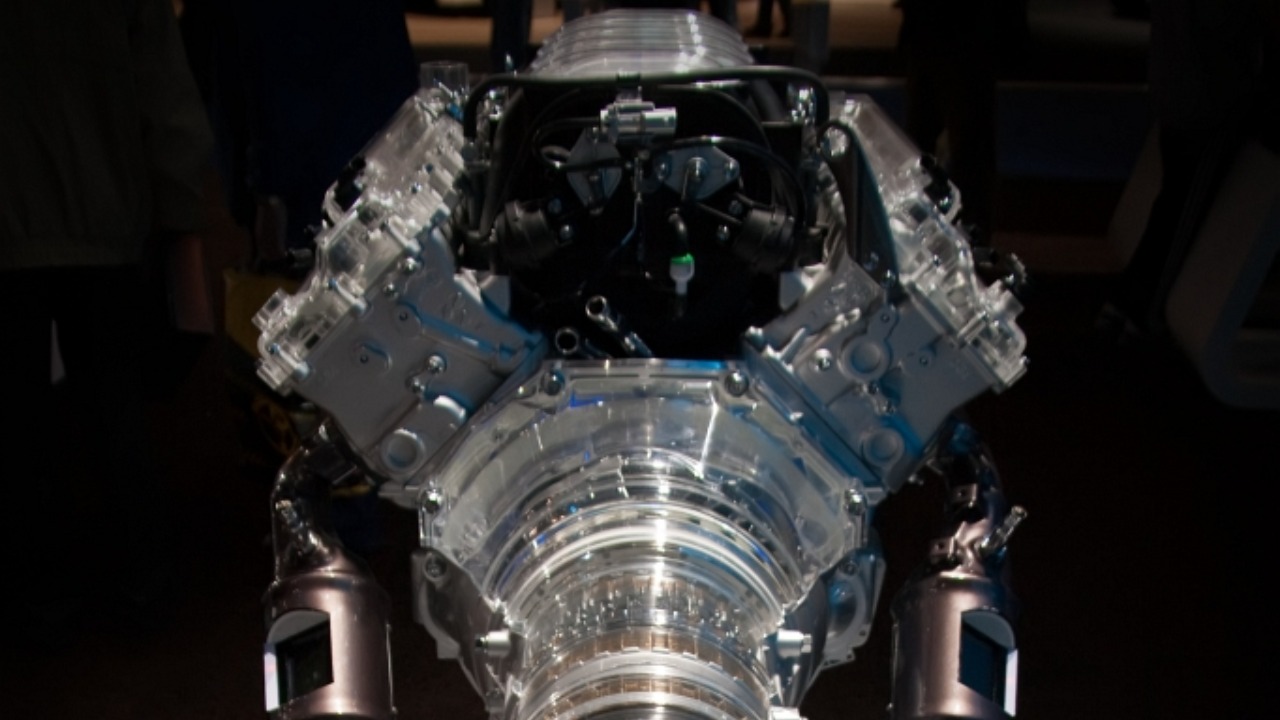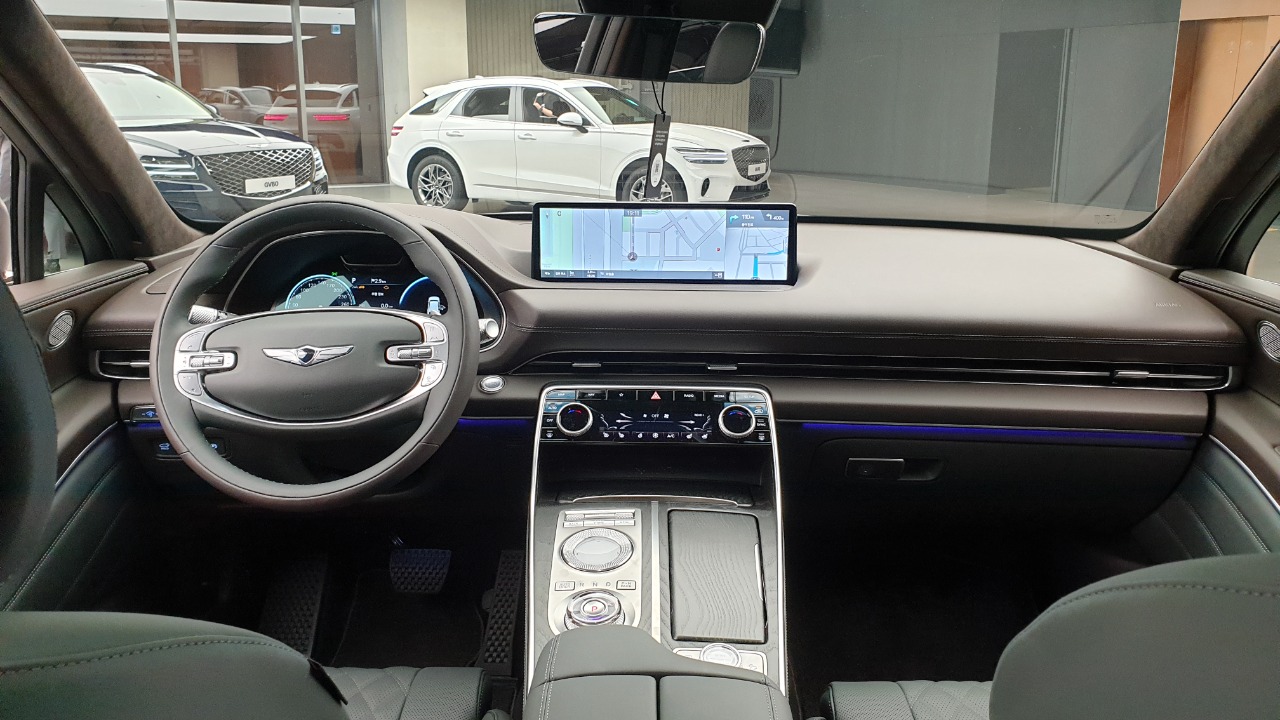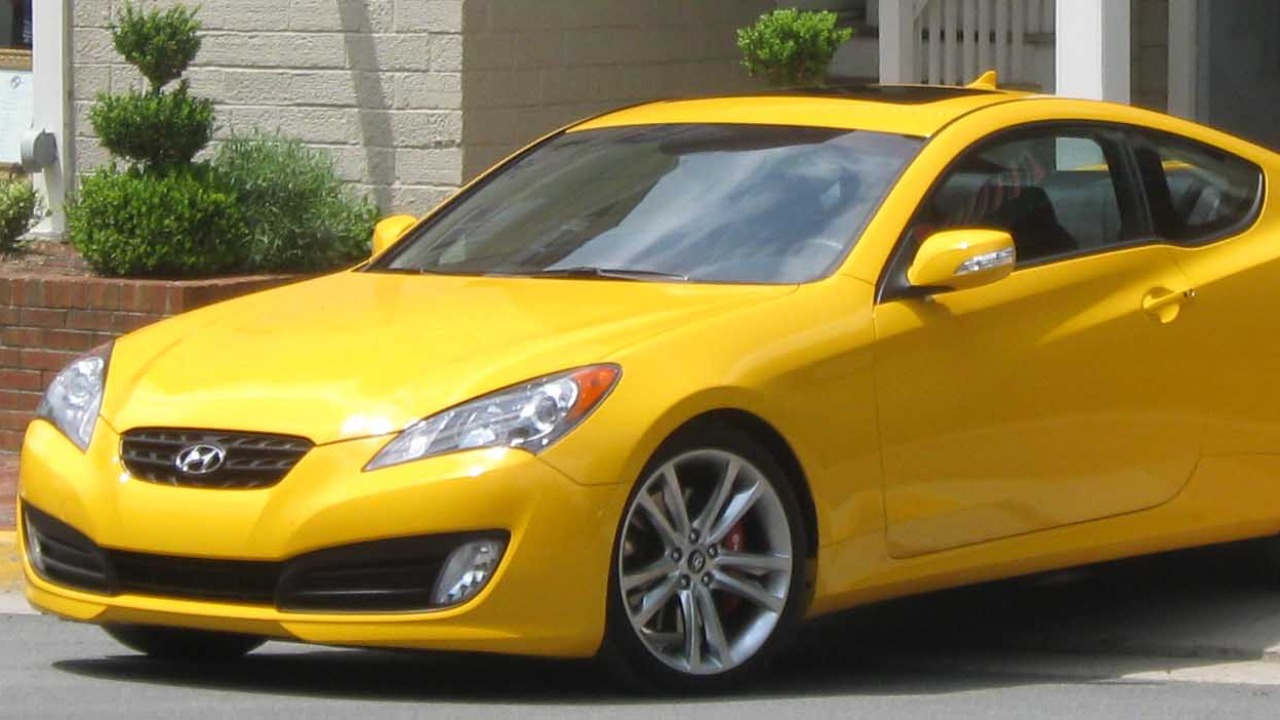In 2009, Hyundai made a bold move by introducing the Genesis sedan, a rear-wheel-drive luxury sports sedan that took the automotive world by surprise. Equipped with a 4.6-liter Tau V8 engine, the Genesis delivered an impressive 375 horsepower and 333 lb-ft of torque, achieving a 0-60 mph time of 5.7 seconds and a top speed of 149 mph. This performance allowed it to outperform the BMW 5 Series in acceleration tests and handling benchmarks. Priced starting at $37,500, the Genesis not only earned the North American Car of the Year award but also matched or exceeded BMW’s ride quality and interior refinement at a significantly lower cost. Despite its accolades, the model faded into obscurity after just a few years of production (source).
Genesis V8 Powertrain Development

The engineering behind the Genesis’s 4.6-liter Tau V8 was a testament to Hyundai’s commitment to competing with premium brands. The engine featured an aluminum block construction, dual overhead cams, and variable valve timing, which contributed to its smooth power delivery and respectable fuel efficiency of 17 mpg city and 25 mpg highway. This powertrain was part of Hyundai’s broader investment in the Tau engine family, developed in-house starting in 2004, to rival the V8s of luxury competitors. The Genesis version was specifically tuned to produce 375 hp, directly challenging BMW’s N62 V8 in the 550i (source).
Reliability was another strong suit of the Tau V8. The engine demonstrated a low failure rate in long-term tests and included features like direct injection for reduced emissions, positioning it as a durable alternative to BMW’s more maintenance-intensive V8s. This focus on reliability not only enhanced the Genesis’s appeal but also underscored Hyundai’s capability to produce engines that could stand the test of time, offering consumers a dependable choice in the luxury sedan market (source).
Performance Showdown with BMW

The Genesis V8’s performance was a key factor in its ability to challenge BMW’s dominance. In acceleration tests, the Genesis reached 0-60 mph in 5.7 seconds, slightly faster than the BMW 550i’s 5.9 seconds. This advantage was attributed to the superior low-end torque provided by the Tau engine, which translated into more responsive real-world driving scenarios. Such performance metrics highlighted Hyundai’s engineering prowess and its ability to deliver a sports sedan that could compete with established luxury brands (source).
In terms of handling, the Genesis excelled in skidpad and braking tests, achieving 0.85 g of lateral grip and stopping from 60-0 mph in 120 feet. These results edged out the BMW 5 Series in independent reviews, showcasing the Genesis’s balanced chassis dynamics. Furthermore, in quarter-mile tests, the Genesis recorded a time of 14.2 seconds at 99 mph, compared to the BMW’s 14.4 seconds. This performance not only embarrassed the German rival in straight-line speed but also demonstrated Hyundai’s effective suspension tuning (source).
Design and Luxury Features

The Genesis’s design and luxury features were integral to its appeal. The exterior styling, with a length of 196.8 inches and a width of 74.4 inches, featured an aggressive front fascia with HID headlights. Critics praised its elegant yet sporty profile, which rivaled the aesthetics of BMW’s E60 5 Series. Inside, the Genesis offered a host of amenities, including leather seats, a 14-speaker Lexicon audio system, and adaptive cruise control, all standard on the V8 model. These features provided comparable luxury to BMW at a starting price of $44,000 for the loaded version, approximately $10,000 less than its German counterpart (source).
Safety was another area where the Genesis excelled. It included electronic stability control, six airbags, and received a five-star NHTSA crash rating, matching BMW’s standards. These safety features contributed to the Genesis’s award-winning status in 2009, reinforcing its position as a formidable competitor in the luxury sedan segment. The combination of design, luxury, and safety features made the Genesis an attractive option for consumers seeking value without compromising on quality (source).
Market Reception and Legacy

The initial market reception of the Genesis was promising, with sales reaching 22,000 units in the first year following its 2009 launch, exceeding expectations. However, sales began to decline after 2012, largely due to brand perception challenges against entrenched luxury names like BMW. Despite this, the Genesis received critical acclaim, with Motor Trend praising it as “the best car built in America” and earning the IIHS Top Safety Pick award. These accolades illustrated how the Genesis temporarily disrupted BMW’s market dominance in the midsize luxury segment (source).
The model’s discontinuation in 2016, following the Genesis brand split, left it as an undervalued option in the used car market. Today, average prices hover around $8,000, underscoring its overlooked status despite its impressive performance value. The Genesis’s legacy is a reminder of Hyundai’s capability to challenge luxury giants and deliver a product that could stand toe-to-toe with the best in the industry, offering a compelling blend of performance, luxury, and value (source).